US Secretary of State Antony Blinken and Papua New Guinea Defense Minister Win Bakri Daki signed a defense cooperation agreement between the two countries on May 22 in the Pacific nation's capital, Port Moresby.
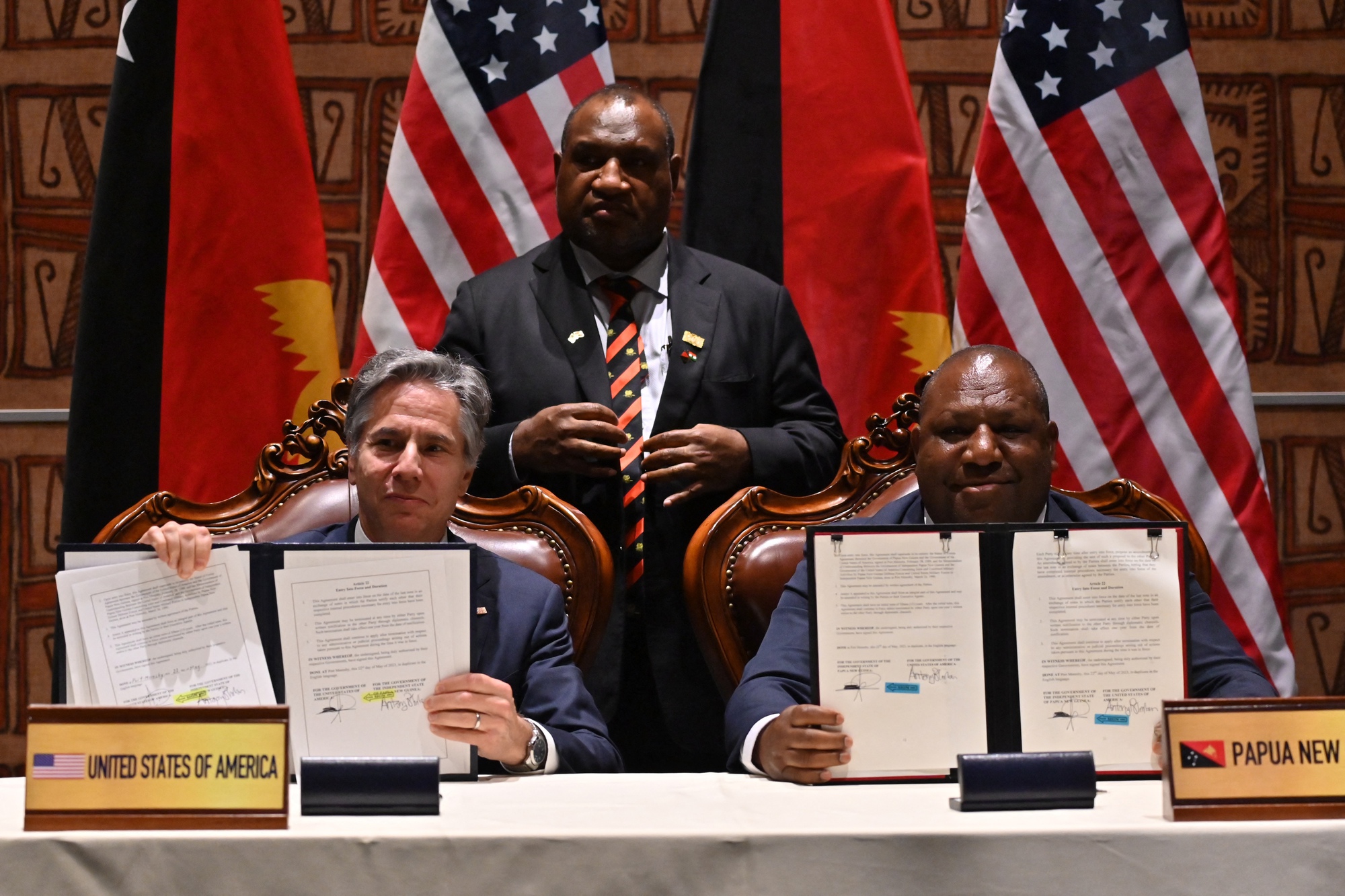
Secretary of State Antony Blinken (left) and Minister Win Bakri Daki hold up the document after signing it as Prime Minister James Marape looks on.
The deal will allow US forces access to Papua New Guinea's airports and ports amid a rivalry with China for influence in the region. The two countries will also be allowed to board each other's ships, share technical expertise and conduct joint patrols at sea, AFP reported.
Reuters quoted Secretary Blinken as saying that the agreement will help expand Papua New Guinea's defense capabilities, enhance disaster response and humanitarian assistance capabilities, and allow the two countries' forces to train together. "This agreement will be fully transparent," Secretary Blinken stressed.
During a meeting with host Prime Minister James Marape, Secretary Blinken announced that the United States would strengthen its partnership with Papua New Guinea across all areas. The two discussed economic development, the climate crisis, and the importance of maintaining US ties with the Pacific region.
According to Reuters, the two sides also signed a separate agreement on increasing surveillance of Papua New Guinea's exclusive economic zone through US Coast Guard patrols to prevent illegal fishing activities.
Prime Minister Marape said the agreement would boost Papua New Guinea's economic security by giving its forces maritime surveillance capabilities, "something we haven't had since 1975", the year the country gained independence.
The US will provide a $45 million fund to strengthen security and economic cooperation with Papua New Guinea, including providing equipment for the defense force, helping to mitigate the impact of climate change, and combating transnational crime and HIV/AIDS. Secretary of State Blinken said the cooperation of businesses will bring tens of billions of dollars in investment to Papua New Guinea.
Protests broke out at several universities in Papua New Guinea on the day against the deal, and opposition politicians expressed concern about China's reaction. However, Prime Minister Marape stressed that signing the deal would not hinder Papua New Guinea's cooperation with China, a key trading partner.
Source link


![[Photo] New-era Party members in the "Green Industrial Park"](https://vphoto.vietnam.vn/thumb/1200x675/vietnam/resource/IMAGE/2025/10/30/1761789456888_1-dsc-5556-jpg.webp)
![[Photo] Prime Minister Pham Minh Chinh chaired a meeting to evaluate the operation of the two-level local government model.](https://vphoto.vietnam.vn/thumb/1200x675/vietnam/resource/IMAGE/2025/10/29/1761751710674_dsc-7999-jpg.webp)
![[Photo] Hue: Inside the kitchen that donates thousands of meals a day to people in flooded areas](https://vphoto.vietnam.vn/thumb/1200x675/vietnam/resource/IMAGE/2025/10/29/1761738508516_bepcomhue-jpg.webp)
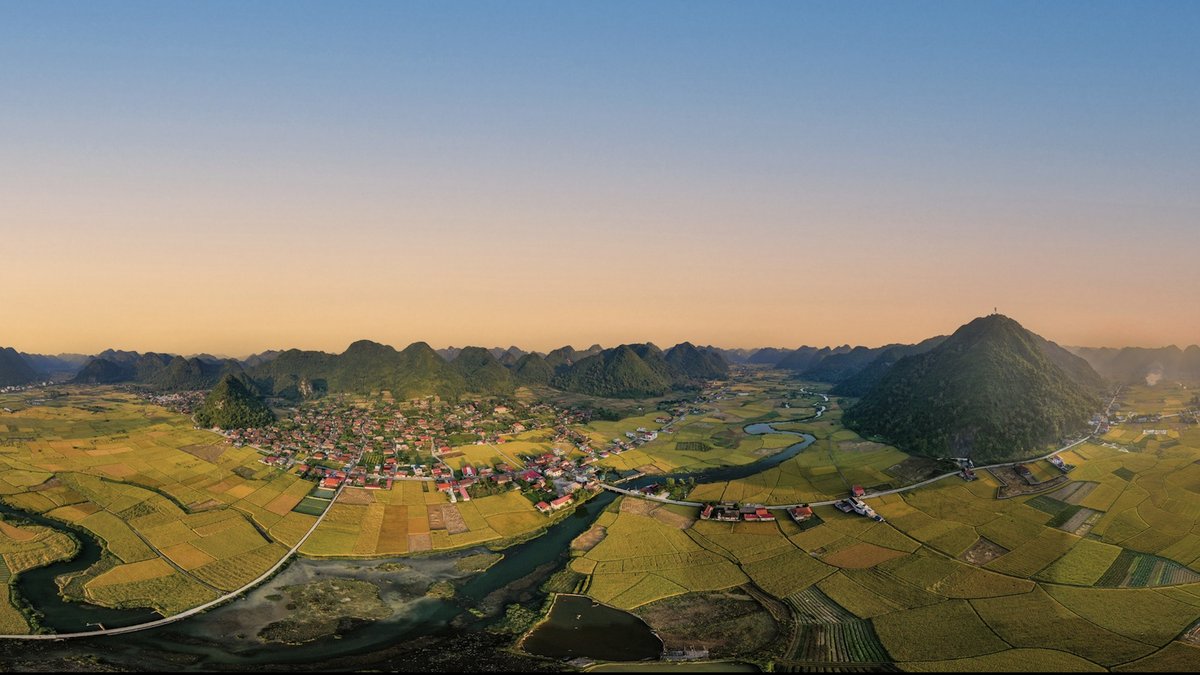
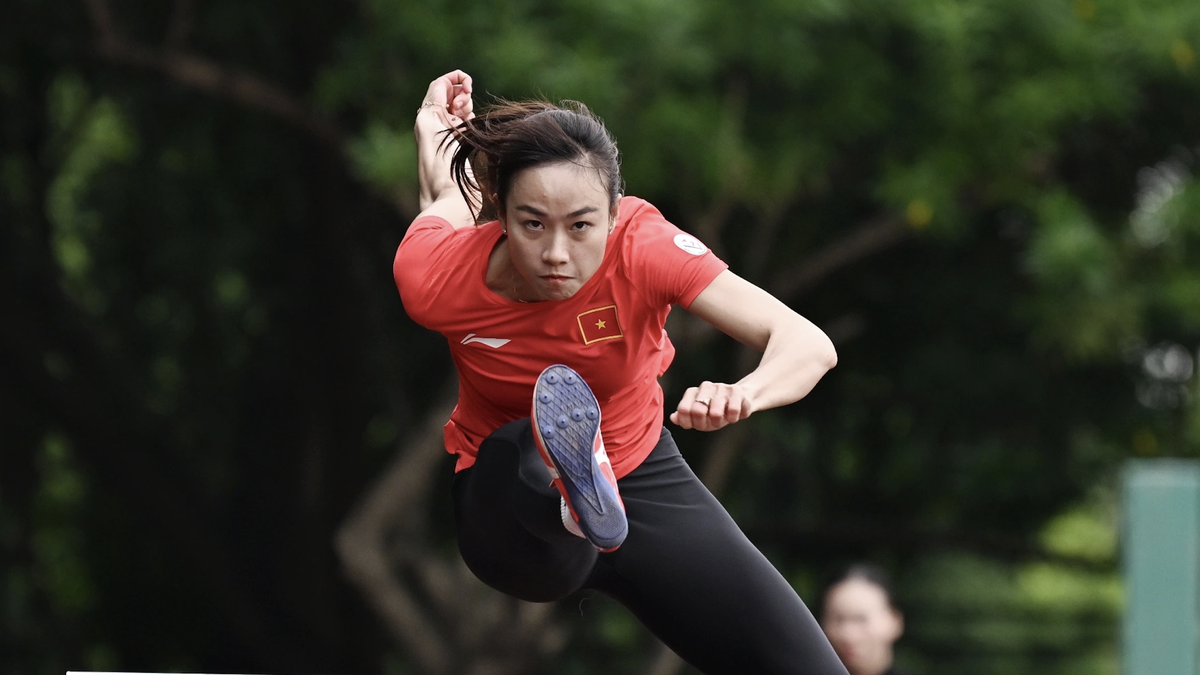
![[Photo] Human love in the flood in Hue](https://vphoto.vietnam.vn/thumb/1200x675/vietnam/resource/IMAGE/2025/10/29/1761740905727_4125427122470875256-2-jpg.webp)
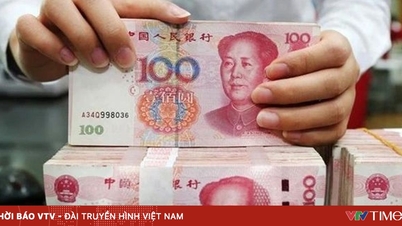



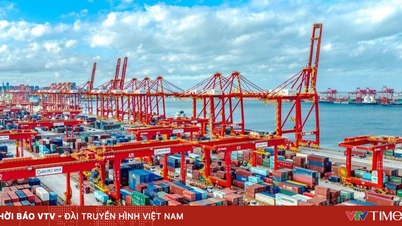




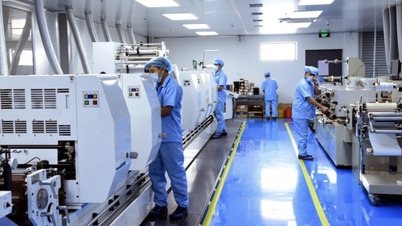

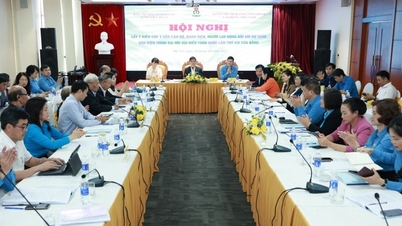
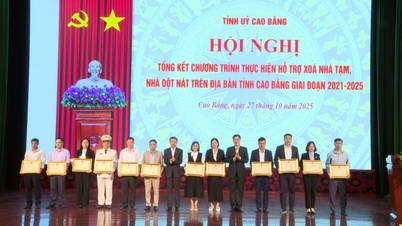
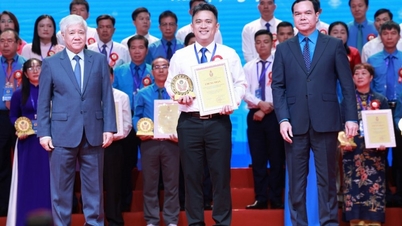
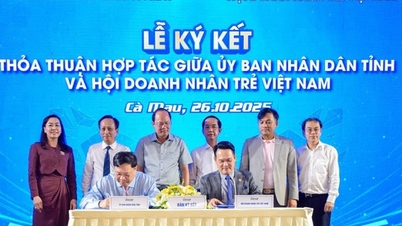






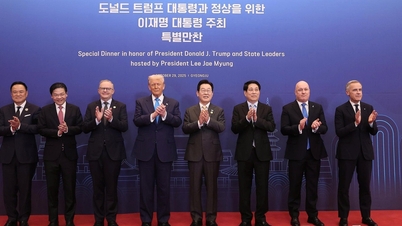

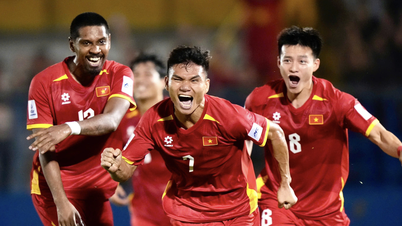

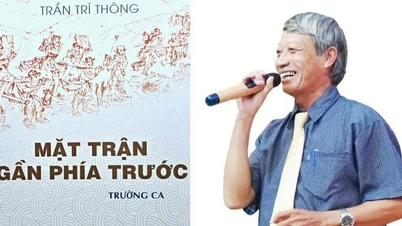









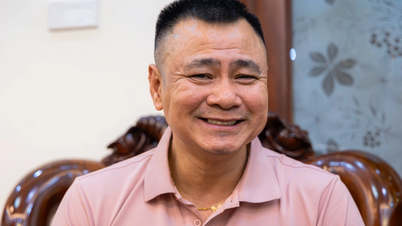









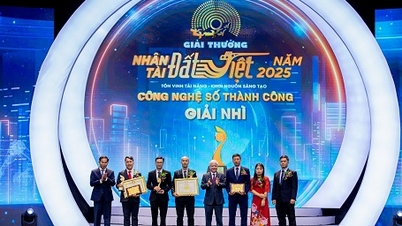

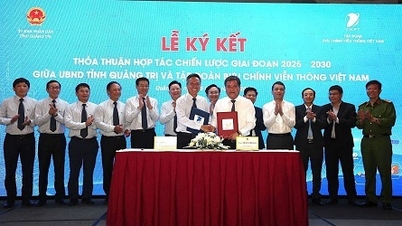
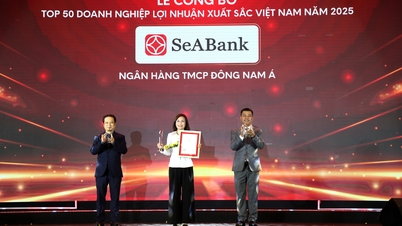
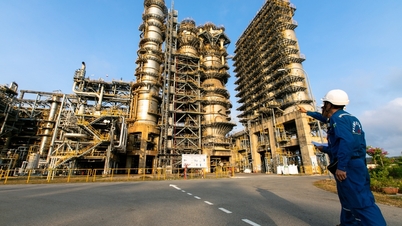
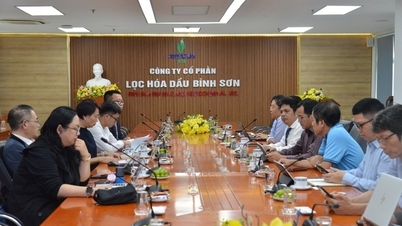
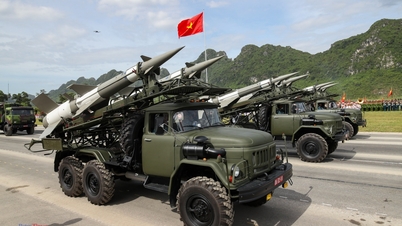






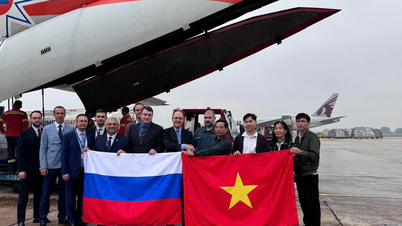




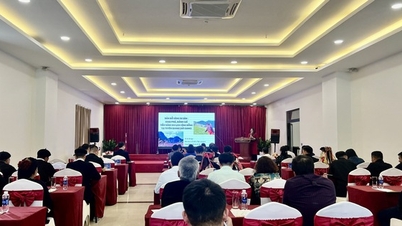
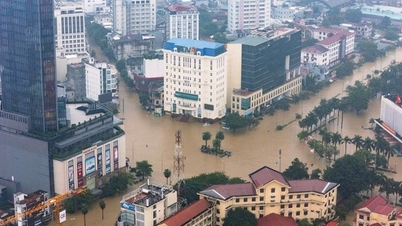
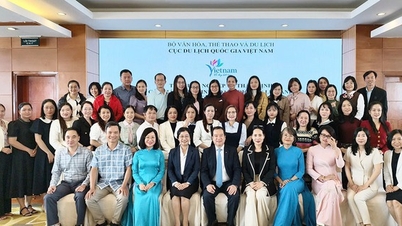

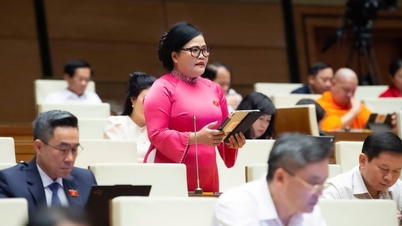










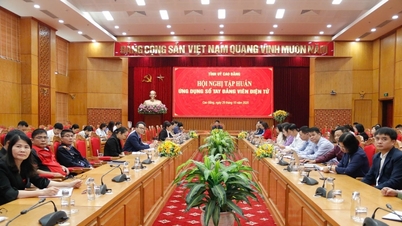















Comment (0)